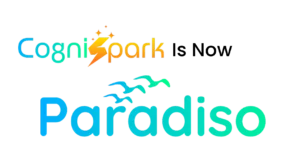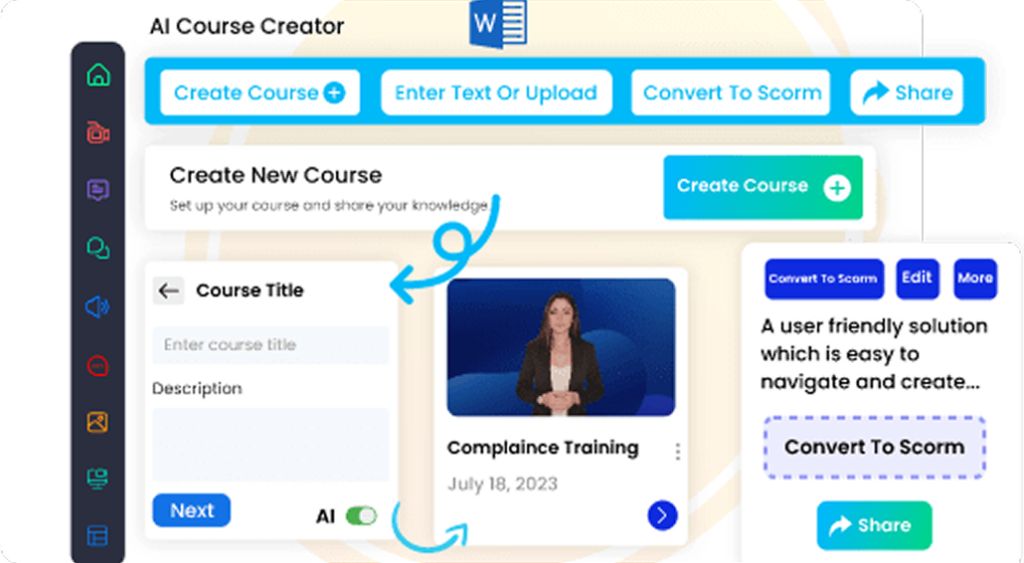In today’s competitive corporate landscape, successful team collaboration is crucial for organizational growth and employee satisfaction. Effective team-building training for employees has become more than just a nice-to-have – it’s an essential practice for companies that aim to achieve higher productivity and better results. This post highlights the 10 must-haves for fostering strong teamwork and collaboration within your teams, and the role of teamwork and collaboration training and corporate team building training in achieving this.
1. Clear Communication Channels
Effective communication is the foundation of successful teamwork. Establishing clear communication channels ensures that everyone on the team is on the same page, which is key for seamless collaboration. This is where teamwork and collaboration training plays a vital role. Employees must be trained to communicate effectively and respect diverse communication styles. Workshops and training sessions focused on communication skills should be incorporated into your team-building training for employees.
2. Defined Roles and Responsibilities
Each team member must understand their role and responsibilities within the team. When roles are unclear, team members may step on each other’s toes, leading to frustration and inefficiency. One of the essential outcomes of corporate team building training is ensuring that every team member knows their specific role and how it contributes to the overall team goal. By clearly defining roles, you can minimize confusion and enhance collaboration.
3. Trust and Mutual Respect
Trust is an integral part of any collaborative effort. For teams to work together efficiently, they need to trust each other’s skills, judgment, and contributions. Building mutual respect among team members is crucial for fostering a positive team environment. Team-building exercises that focus on trust-building activities can greatly enhance this aspect. Activities like group problem-solving and team-building challenges can help employees build confidence in each other.
4. A Collaborative Mindset
A successful team doesn’t operate in silos. To foster a collaborative mindset, employees should be encouraged to think beyond their individual tasks and focus on the collective goals. The right team-building training for employees programs can help instill this mindset by incorporating exercises that promote cooperation and joint problem-solving. These training sessions often focus on enhancing interpersonal skills, which are critical for collaboration.
Learning Built Around Your Goals.
Discover how our courses can align with your training goals and drive real results.
5. Open Feedback Culture
Feedback is a powerful tool for personal and professional growth. Encouraging open and honest feedback within the team helps in addressing issues early and improving overall performance. Feedback should be constructive and given in a way that promotes learning rather than discouragement. Organizations should include feedback training as part of their corporate team building training to ensure that employees understand how to both give and receive feedback effectively.
6. Conflict Resolution Strategies
No matter how well a team collaborates, conflicts will arise. What sets successful teams apart is their ability to resolve conflicts quickly and constructively. Training employees in conflict resolution techniques ensures that they can handle disagreements in a healthy way. A good team-building training for employees program will incorporate conflict resolution strategies as an essential part of team development.
7. Strong Leadership
Effective team collaboration requires strong leadership. A good leader sets the tone for the team, encourages collaboration, and ensures that all team members are aligned with the team’s goals. Leadership training should be a core component of corporate team building training programs, empowering leaders to guide their teams towards success through effective communication, motivation, and conflict management.
8. Flexibility and Adaptability
In the modern workplace, change is inevitable. Teams need to be flexible and adaptable to new situations, whether it’s a shift in company direction, a new technology, or a change in team composition. Encouraging flexibility through training sessions that teach adaptability can help teams remain agile and responsive. A flexible approach to problem-solving is essential for teams to collaborate effectively.
9. Team-Building Activities
Engaging in team-building activities outside of regular work tasks helps foster stronger relationships among team members. These activities allow employees to interact in a non-work environment, building trust and camaraderie. Incorporating regular team-building activities into your team collaboration strategies will enhance communication and cooperation across the board. Whether it’s problem-solving challenges or social events, these activities are key for a successful team.
10. Technology and Tools for Collaboration
In today’s digital age, technology plays a huge role in enhancing collaboration. From project management tools to instant messaging apps, using the right technology can make collaboration smoother and more efficient. Offering training on collaboration tools as part of your team-building training for employees will ensure that everyone is on the same page, reducing delays and increasing productivity. Encourage the use of platforms like Slack, Microsoft Teams, and Trello for better team coordination.
11. Setting Clear Team Goals
Clear team goals give employees direction and purpose. When everyone on the team understands the team’s overall objective, they are better able to align their individual efforts to achieve the goal. Setting specific, measurable, achievable, relevant, and time-bound (SMART) goals helps teams stay focused and track their progress. Incorporating goal-setting workshops into your teamwork and collaboration training will ensure that team members are engaged in the process and working toward common objectives.
12. Encouraging Innovation and Creative Problem-Solving
Successful team collaboration goes beyond just getting the work done; it also involves encouraging innovative thinking and creative problem-solving. Teams that are empowered to think outside the box and explore new ideas are more likely to find unique solutions to challenges. Providing team members with the tools and training to brainstorm and ideate can lead to more creative solutions. Training employees to collaborate on innovation fosters a dynamic and adaptable team culture.
How CogniSpark AI Enhances Team Collaboration Training
Effective team collaboration is the backbone of productivity, innovation, and workplace morale. But strong collaboration doesn’t happen by accident—it’s cultivated through intentional training, shared goals, and the right tools. CogniSpark AI helps organizations unlock seamless collaboration by providing a smart, scalable, and personalized training solution.
With its AI Tutor, CogniSpark AI enables employees to practice key collaboration scenarios such as giving constructive feedback, coordinating across departments, and managing virtual teams. The AI Tutor provides real-time, scenario-based feedback to improve interpersonal dynamics, active listening, and decision-making within teams.
Using the built-in authoring tool, L&D teams can create customized collaboration modules that reflect company culture, preferred communication methods, and cross-functional workflows. These tailored experiences help teams develop consistent behaviors that support transparency, shared accountability, and trust.
CogniSpark AI’s LMS compatibility ensures smooth integration into existing systems, allowing for centralized progress tracking, analytics, and continuous improvement. Whether your teams are hybrid, remote, or co-located, the platform ensures that every member is aligned, engaged, and equipped with the tools for effective teamwork.
From communication and emotional intelligence to project alignment and shared ownership, CogniSpark AI transforms collaboration training into a measurable, interactive experience—empowering teams to work better together, drive results, and thrive in any environment.
Conclusion: Building a Collaborative Culture
Successful team collaboration is not just about having the right skills; it’s about creating a culture of trust, respect, and mutual support. By investing in team-building training for employees and focusing on developing teamwork and collaboration skills, companies can create an environment where collaboration thrives. These 12 must-haves serve as a foundation for building a high-performing, collaborative team. Make sure to implement these strategies in your corporate team building training to unlock your team’s full potential and drive success across your organization.
Access 100+ fully editable, SCORM-compatible courses featuring an integrated AI Tutor and an in-built authoring tool. Seamlessly compatible with any LMS, these courses are designed to elevate your training programs.
Explore Our eLearning Course Catalog






















